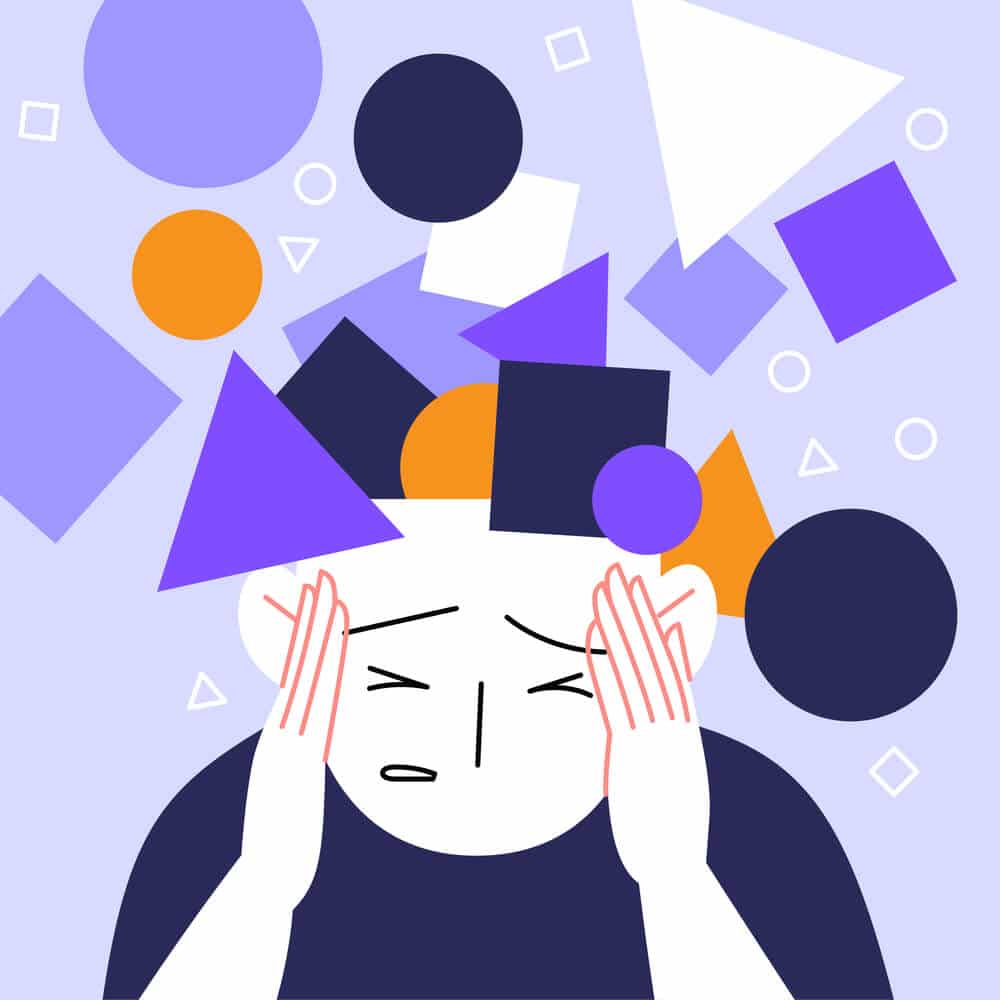The Leonard D. Schaeffer Center for Health Policy and Economics reported in 2017 that the prevalence of PTSD in Missouri was 3.5% of the adult population.
In April of this year, lawmakers in Missouri pushed a proposal to recognize post-traumatic stress disorder (PTSD) as an occupational disease that will make sure that first responders to emergency situations will get the help they need.
To gain access to an MMJ card, visit our Missouri page.

PTSD can result in high rates of occupational stress, especially for individuals working in emergency situations. In the United States, the lifetime prevalence of PTSD is 8 to 9 percent, and approximately 25 to 30 percent of victims of significant trauma develop PTSD.
The Division of Behavioral Health (DBH) under the Missouri Department of Mental Health reported in 2019 that 13% of individuals treated for mental illness in DBH-funded programs had to deal with trauma and stress. They noticed a notable increase in the number of individuals treated for trauma and stress disorders from 2013 to 2019.
The National Center for PTSD defines PTSD as a mental health problem that some people develop after experiencing or witnessing a life-threatening event, such as:
It may typically be hard to return to normal daily activities like going to work, going to school, or spending some time with people you care about after a traumatic experience. Most often, when people have these symptoms for more than a few months, they are diagnosed with PTSD.
PTSD can cause significant distress and increased use of health resources. Oftentimes, it can go undiagnosed.
Before a patient is diagnosed with PTSD, they should have symptoms that significantly disrupt normal which should last for more than one month.
The American Family Physician stated that approximately 80% of patients with PTSD have one comorbid psychiatric disorder which can include:
PTSD was originally thought to be experienced only by war veterans and other military service members. Now, it is understood that it can happen to anyone who experiences an intense, often life-threatening event.
Research has begun to explore the idea of five different subcategories of PTSD that require different treatment methods:

The typical cause of PTSD are traumatic events that are experienced in different ways:
Most of these events happen naturally or by accident. You may not usually have control over what is happening, and you may feel very afraid.
PTSD can happen to a person who experiences a traumatic event first-hand or to a person who sees something traumatic happening to someone else.
According to the American Psychiatric Organization, people with PTSD have intense, disturbing thoughts and feelings related to their experience that can last long after the traumatic event has ended.
They may feel sadness, fear, or anger and feel detached or estranged from other people. They may also avoid situations or people that remind them of a traumatic event and have strong negative reactions to something ordinary, such as a loud noise or an accidental touch.
The symptoms of PTSD may not be exactly the same for everyone. Each person experiences these symptoms in their own way:
Not everyone who has PTSD needs to undergo psychiatric treatment. For most patients with PTSD, research-proven methods include therapy, medication, and complementary and alternative therapies.
Medication is recommended to control or relieve the symptoms of PTSD so that individuals with PTSD can participate more effectively in their therapy sessions. Hence, the best methods to help PTSD patients would usually combine psychotherapy and medication.
Medical marijuana is a safe and effective alternative medication in helping manage and relieve the symptoms of PTSD. PTSD patients can qualify for MMJ in Missouri.
The Department of Mental Health in Missouri offers support, training, and consultation on trauma-related topics, including treatment and services for mental illness. PTSD is listed as a qualifying condition for the use of medical marijuana in the state.
If you are seeking to get a medical marijuana card and a doctor’s recommendation, you can visit our online platform here at TeleLeaf RX to start your application or contact us today!
